Informing VietNamNet , a representative of the Department of Information Security ( Ministry of Information and Communications ) said: Online fraud is always changing, intertwining new and old, and new, more sophisticated scams often appear. Updating information and knowledge to identify fraud forms will help each person know how to protect themselves when participating in cyberspace.
In the content of 'Weekly News' from March 4 to March 11, the Department of Information Security recommends users to be vigilant against 5 forms of online fraud:
Lost billions with online financial investment fraud
Recently, many people living in Hanoi when participating in financial investments online have been scammed from several billion to tens of billions of dong, some people even had 57 billion dong stolen by scammers.
Some fraud methods related to financial investment, virtual currency, and cryptocurrency can be mentioned such as: Multi-level marketing of virtual currency and cryptocurrency disguised on the internet to appropriate assets; fraud through the activities of foreign exchange exchanges, binary options, etc.

Although the tricks of the subjects are not new, they are very sophisticated, so many social network users are still deceived. The subjects set up trading floors and websites that impersonate international trading floors, then assign the telesales staff to call and invite investors to join consulting groups, exchange via Zalo and Telegram. After investors join the group, the subjects and members of the group continuously text and call to persuade investors to make financial investment transactions, buy and sell virtual currency, and cryptocurrency to appropriate assets.
The Information Security Department recommends that people always be vigilant and cautious before any investment offers or introductions through any form, especially online; carefully research the owner and management company before investing. People also need to equip themselves with knowledge about finance and investment. When feeling uncertain, they should consult a financial expert or lawyer to make smart, safe decisions and avoid the risk of fraud.
Many people still fall into the trap of scams that help them get their money back.
According to the records of the Department of Information Security, in cyberspace, up to now, there are still many people who, although having been scammed once, continue to be scammed a second time and many other times by groups impersonating cyber security forces, law offices and banks... One thing that the subjects using this form of fraud have in common is that they all introduce themselves as having close relationships with many authorities.

Affirming that 'support to get back the money that was scammed' is one of the forms of online fraud that the unit has repeatedly warned about, the Information Security Department recommends that people absolutely do not provide personal information to anyone through any form, because information disclosure will lead to many unpredictable consequences.
In addition, if you receive a call or contact a group providing services on social networks, people should not transfer money to the subject without investigating and verifying. In case of suspected fraud, people should contact the police for timely advice and support.
QR code scanning scam appears on winning coupons in mail
In early March, many Facebook users in Vietnam shared information warning about a new form of fraud: Sending packages to people's homes through shippers (goods transporters), inside there is a winning notification containing a QR code; when people scan this QR code, their devices will be taken over, thereby having their information and assets stolen.
The above scam was later confirmed to not be fake news, when the police of Ha Tinh province and Thu Duc city (HCMC) issued a warning stating that some local residents had received postal items with QR code-attached winning coupons, requiring the recipient to scan the QR code to access the link and provide personal information to complete the prize receiving procedure.
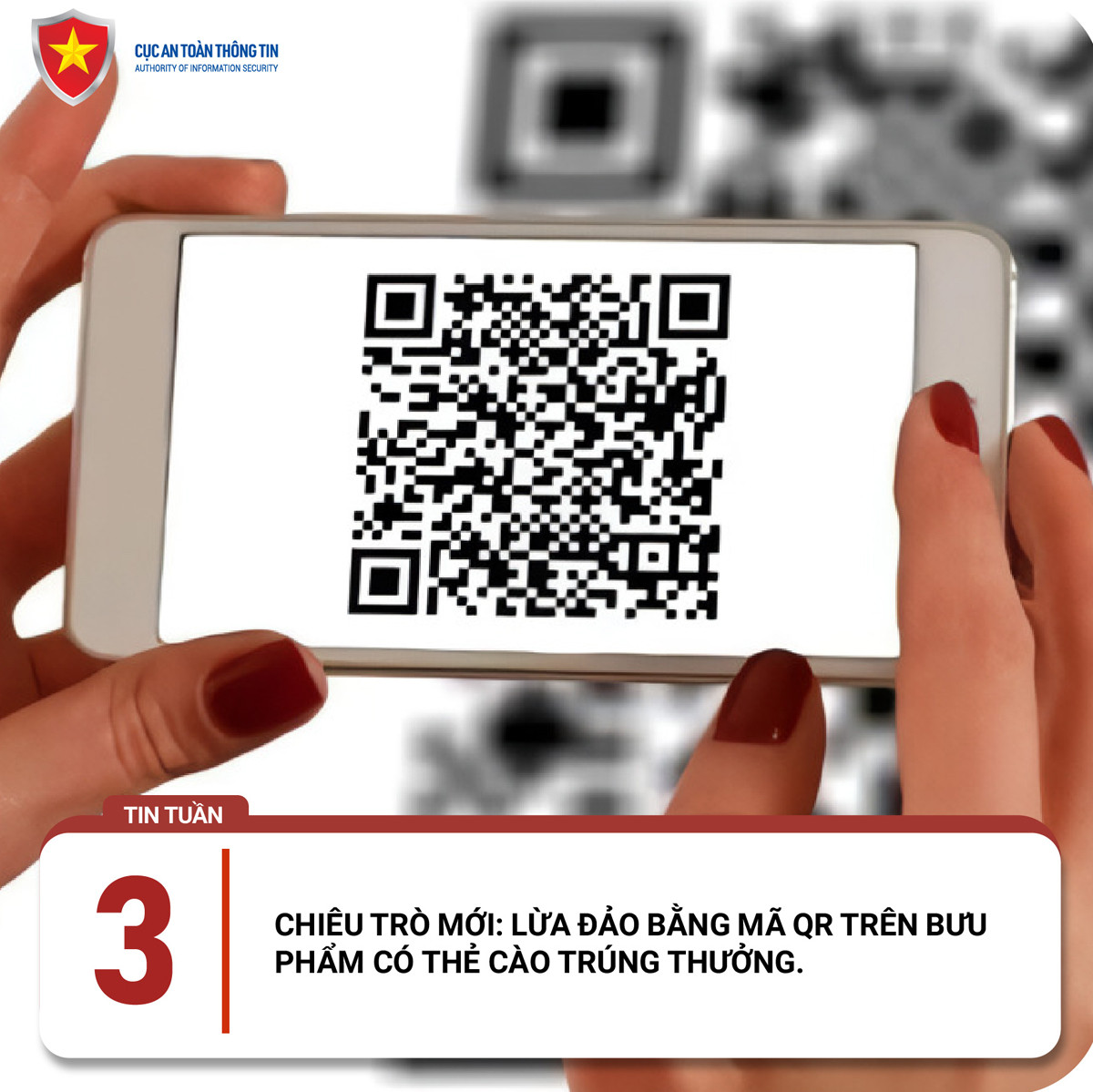
Although there have been no recorded cases of users being scammed online by scanning QR codes on winning coupons in packages sent by shippers, the Information Security Department also stated: " The possibility of QR codes being printed in gift coupons to trick people into accessing fake websites in order to steal information and assets is entirely possible."
Because QR code fraud is no longer a new form of fraud. In the past, many users, after scanning QR codes on websites or emails, were redirected to a fraudulent website, and had their account information stolen or were lured into downloading malware to their devices.
To prevent fraud via QR codes, the Information Security Department recommends that people be cautious when scanning codes, especially QR codes in public places or shared via social networks or email. Users also need to carefully check the account information of the person sending the QR code, the content of the website the QR code is sent to; check the link to see if it starts with "https" and if it is a familiar domain name. In addition, with the new version - fraud via QR codes on winning coupons in mail, people should also note that they should not accept mail of unknown origin.
Impersonating high-ranking leaders to trick people into supporting them in 'fixing their cases'
NTH (27 years old, residing in Thua Thien Hue) was recently arrested by Dak Lak Police for fraud and appropriation of property by impersonating state leaders to help with cases. To carry out the fraud, the subject created many fake accounts on social networks with pictures of several leaders attached, then texted the victims' families, introducing himself as having the ability to intervene to reduce the sentence. With this trick, NTH defrauded and appropriated hundreds of millions of dong.
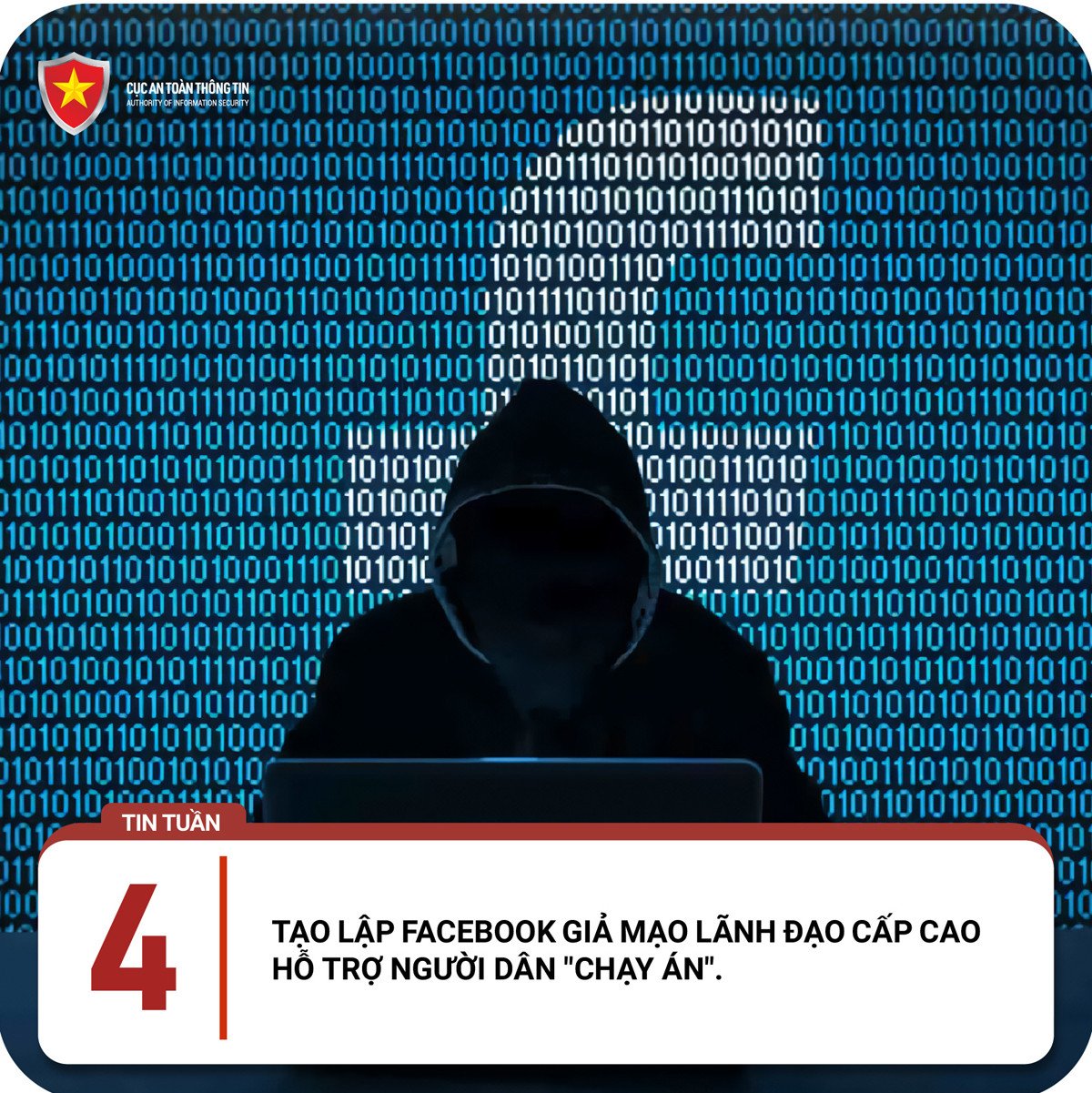
Emphasizing that people must be more vigilant because cyberspace is increasingly complex, the Information Security Department also recommends that people learn and equip themselves with knowledge to protect themselves online; and most importantly, people absolutely do not provide personal information. When receiving strange calls or contacting groups providing services on social networks, people should not make money transfers at the request of the subject, but should 'slow down' to learn and verify the identity of that subject.
Financial investment scams targeting dating app users
Recently, taking advantage of the increasing number of people using online dating applications, subjects have committed fraud and property appropriation. Specifically, after making friends, talking and gaining trust with victims through popular dating applications such as Tinder, EzMatch, Litmatch or Hullo, the subjects turned to encouraging victims to participate in financial investments.

When the victim agrees to invest, the interest is immediately refunded to increase trust. But when the victim spends a large amount of money, the subjects give many reasons to appropriate the property such as 'upgrading the VIP package', 'returning the investment support fund'... In fact, there have been victims who have been scammed out of large sums of money, for example, a woman living in Hanoi was scammed out of 5.4 billion VND by a friend she met through the Tinder application.
Faced with the above situation, the Information Security Department recommends that people be vigilant when participating in online dating applications; at the same time, do not participate in financial investment applications, international trading floors that are advertised with high interest rates, which pose a risk of fraud. If fraud is detected, people should immediately report to the police to quickly verify, prevent and handle violators.
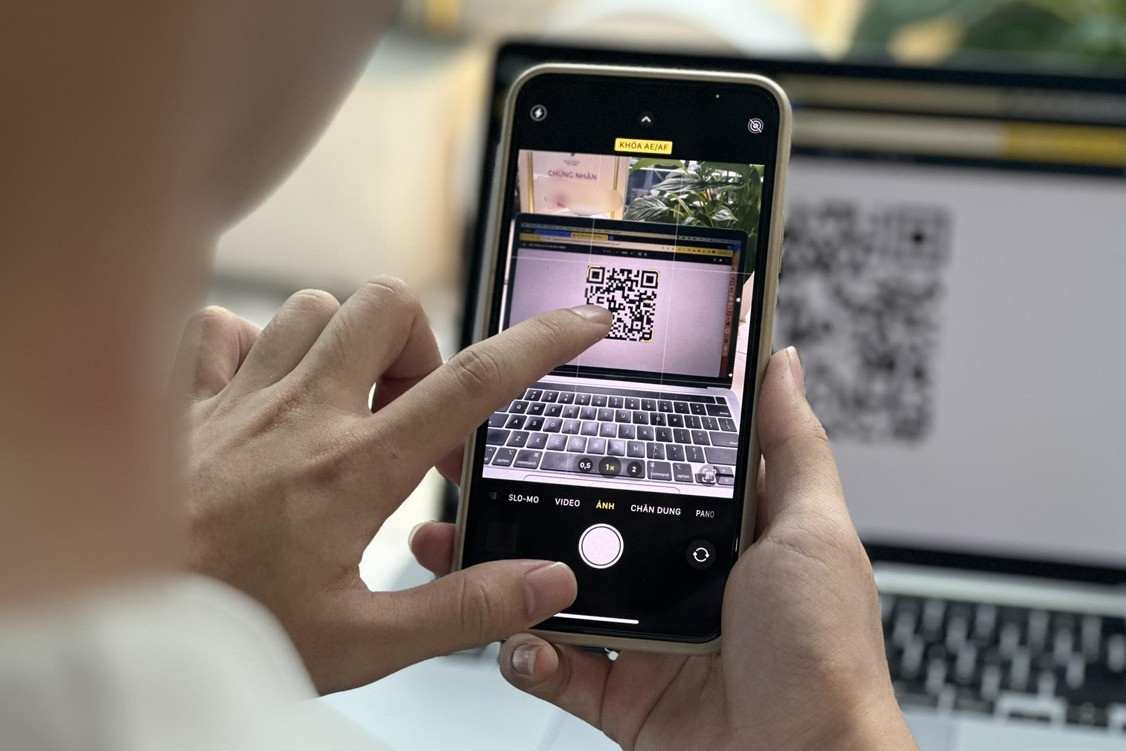
Source


















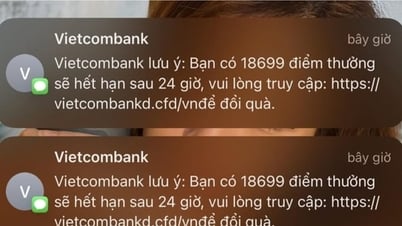








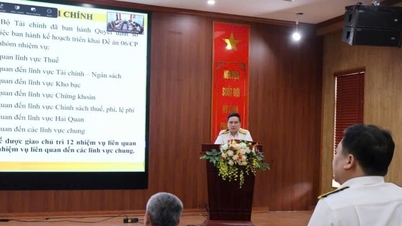

















































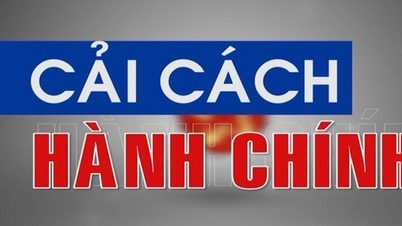





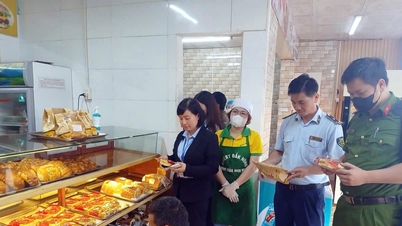




















Comment (0)